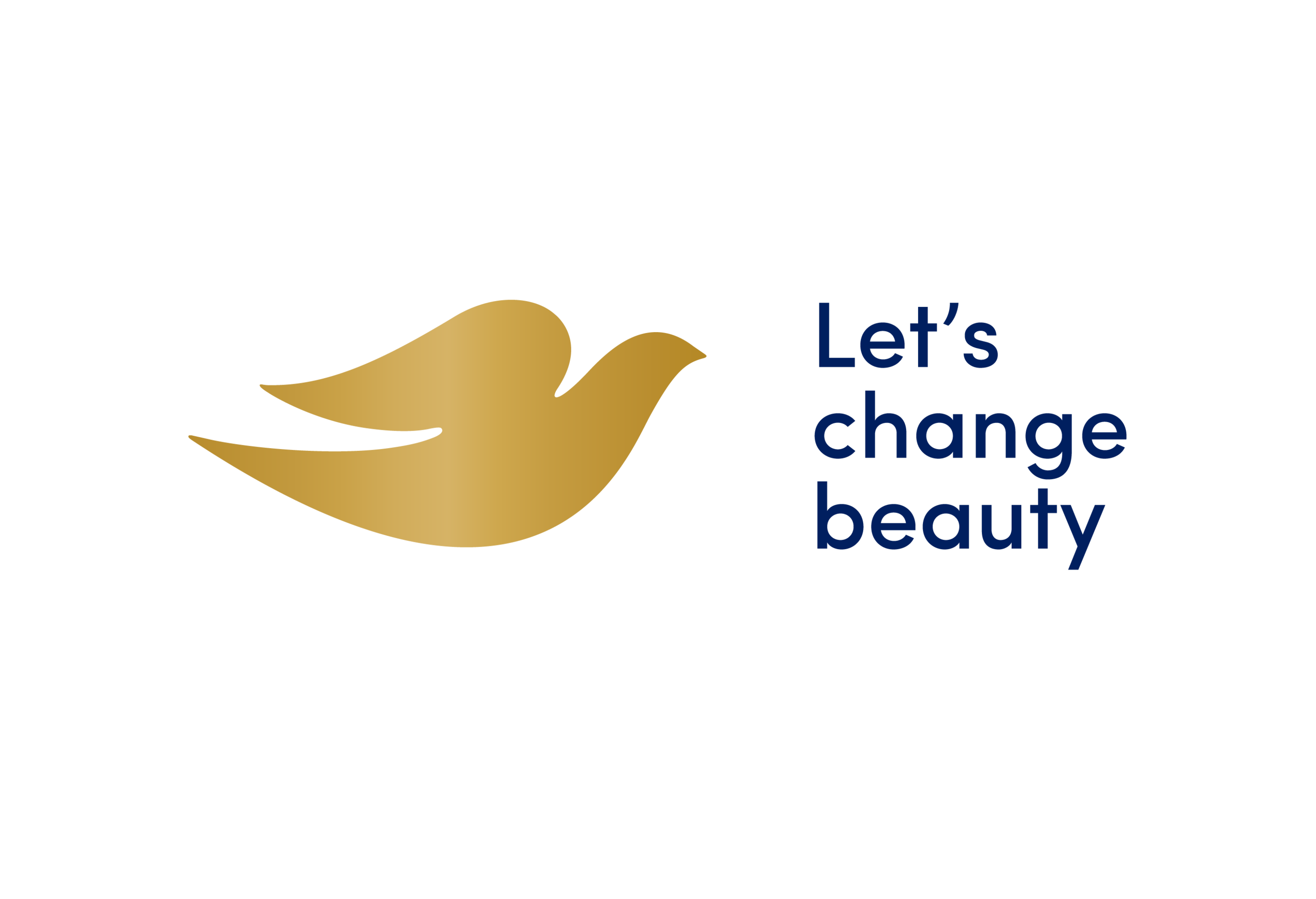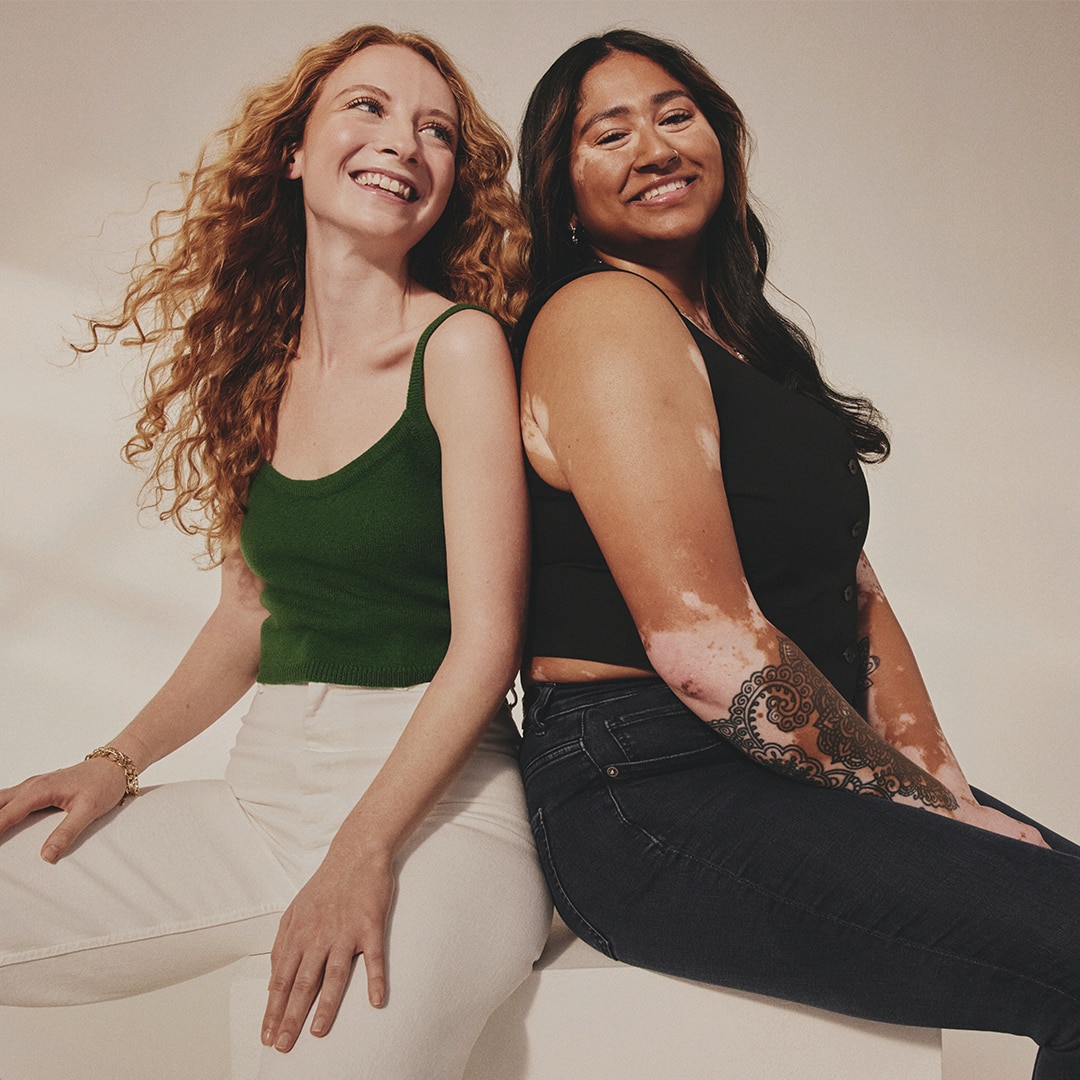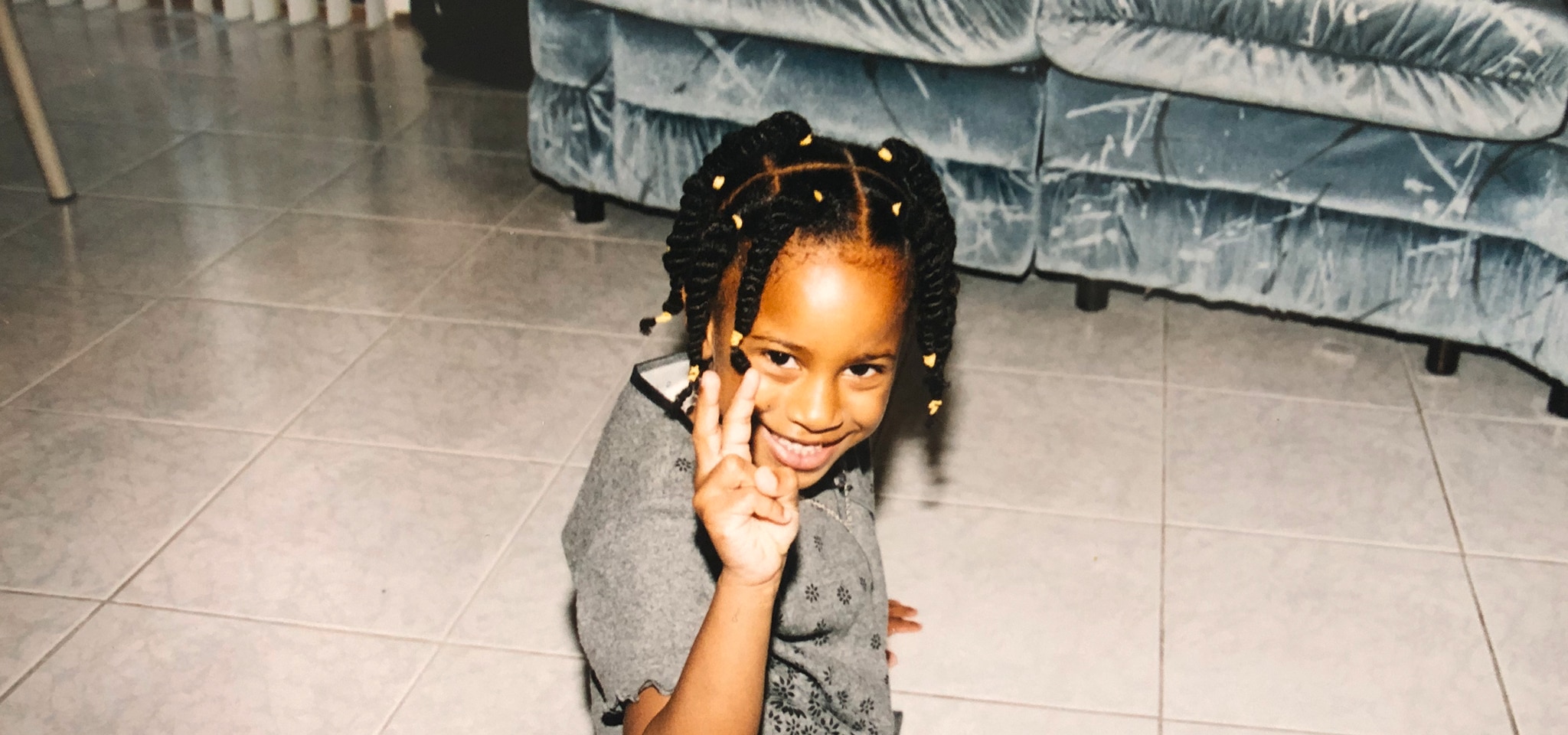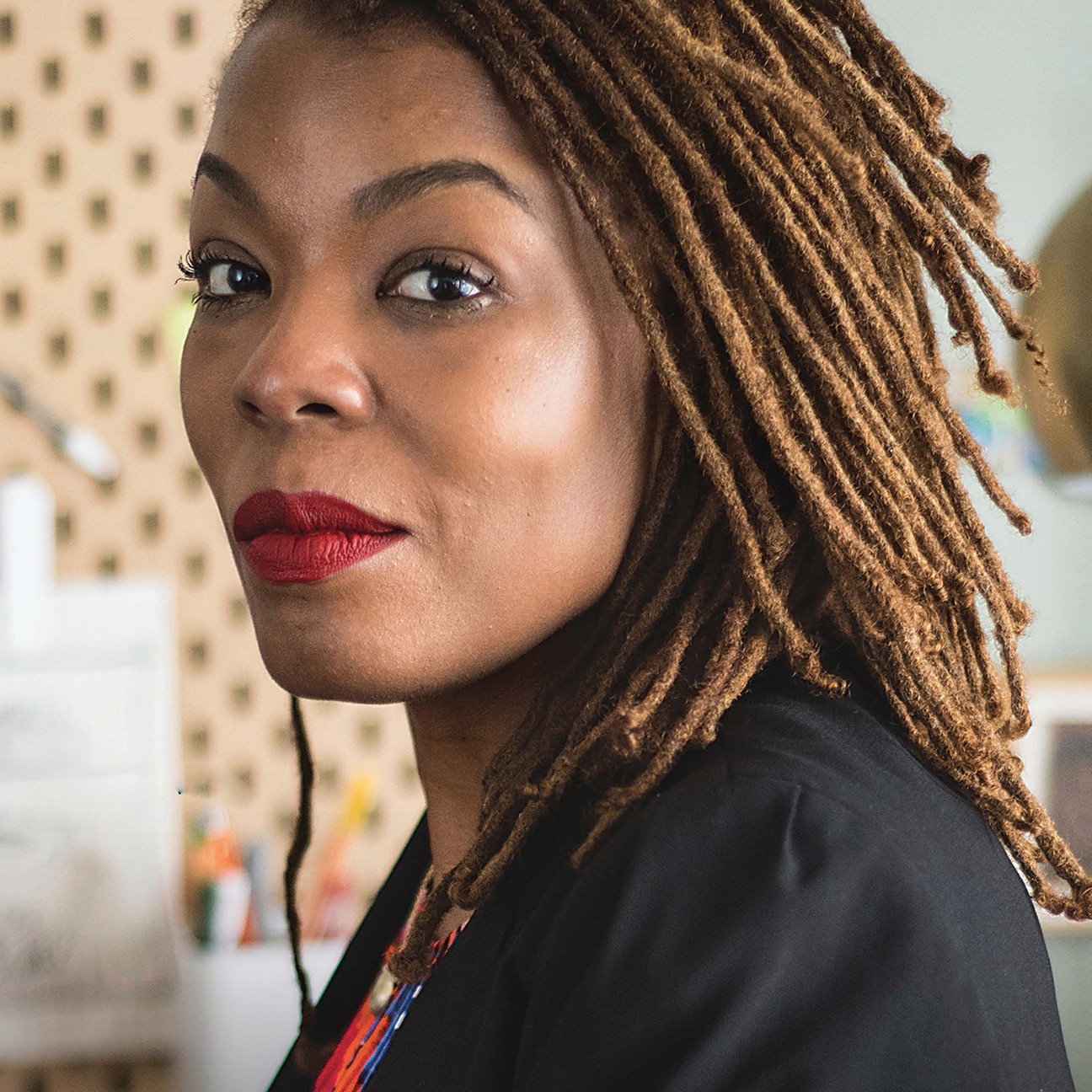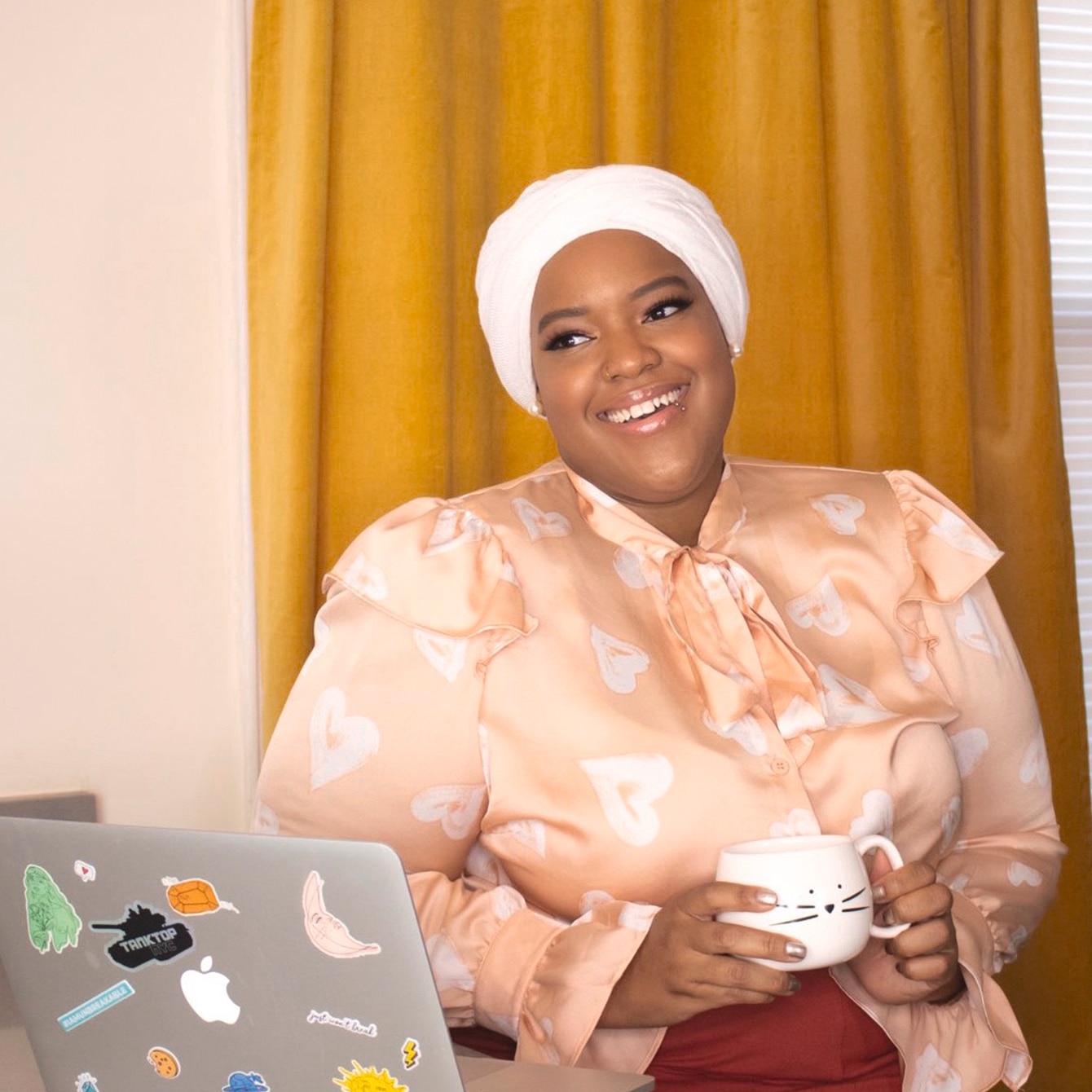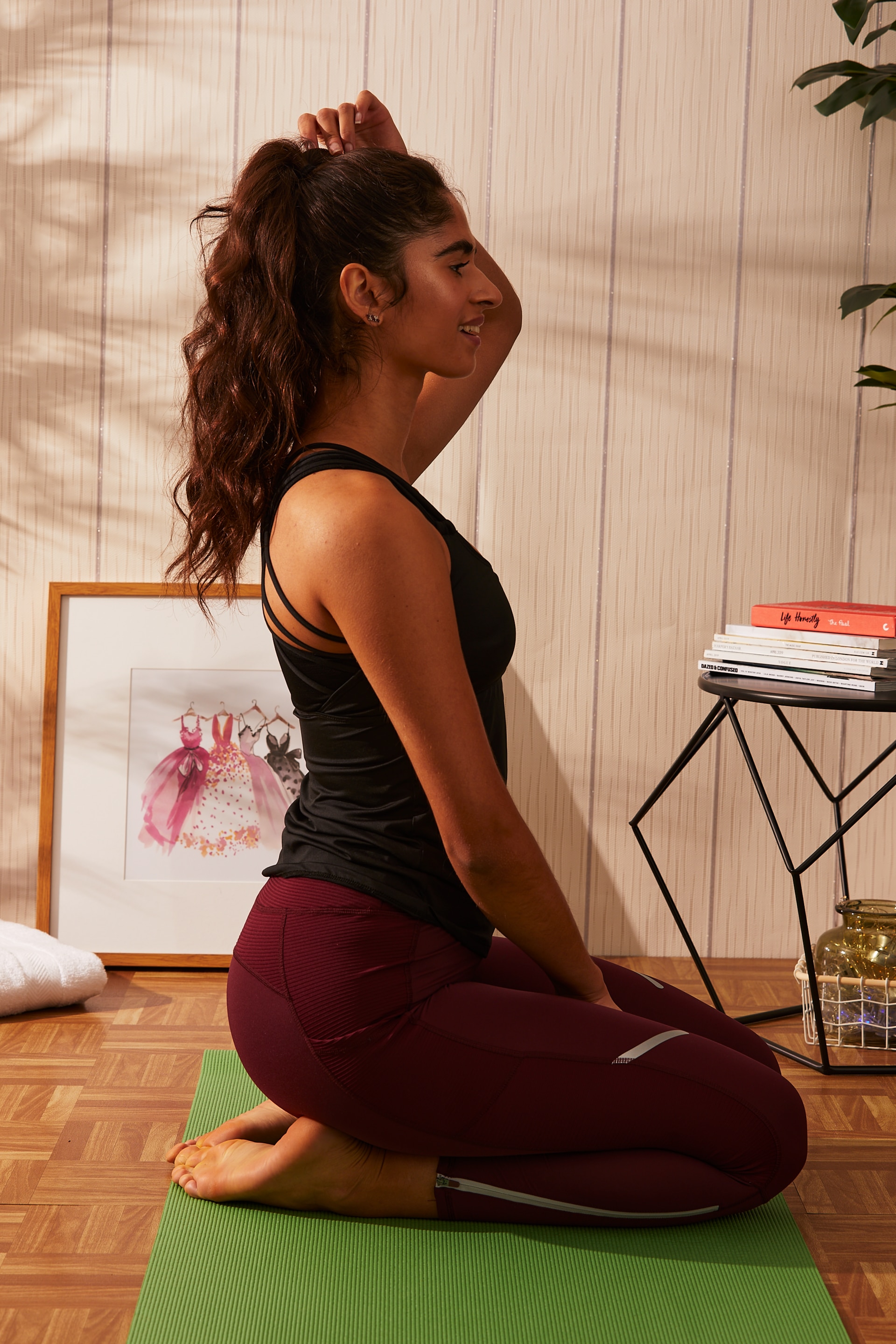“You’re not allowed to wear fake hair.”
These seven words played on a loop throughout my childhood. My father’s tone was always strict, and he repeated this sentence weekly. And each time, like clockwork, tears filled my eyes as my seven-year old self tried to convince him otherwise.
“Please, Dad-” I would beg.
“No,” he would respond firmly. “You have to love what God gave you. You’re not white. You’re a Nubian princess.”
Back then, it quite literally felt like my father was trying to ruin my life. All the white girls at school had long, straight blond hair that fell down their backs. The mixed girls had long, curly ringlets that bounced when they walked. And I had twists that could barely touch my shoulders no matter how hard I tried to make them stretch. My natural afro was wild and untamed, and to my displeasure, my father was forcing me to love it.
I was devastated.
I wanted to be beautiful in the eyes of the world – and even as a child, I knew that meant looking like my blond-haired barbie dolls or my white friends at school. They were the ones the boys liked – they were the pretty ones. And with this simple observation, my perception of beauty as a child formed into one that did not include me.
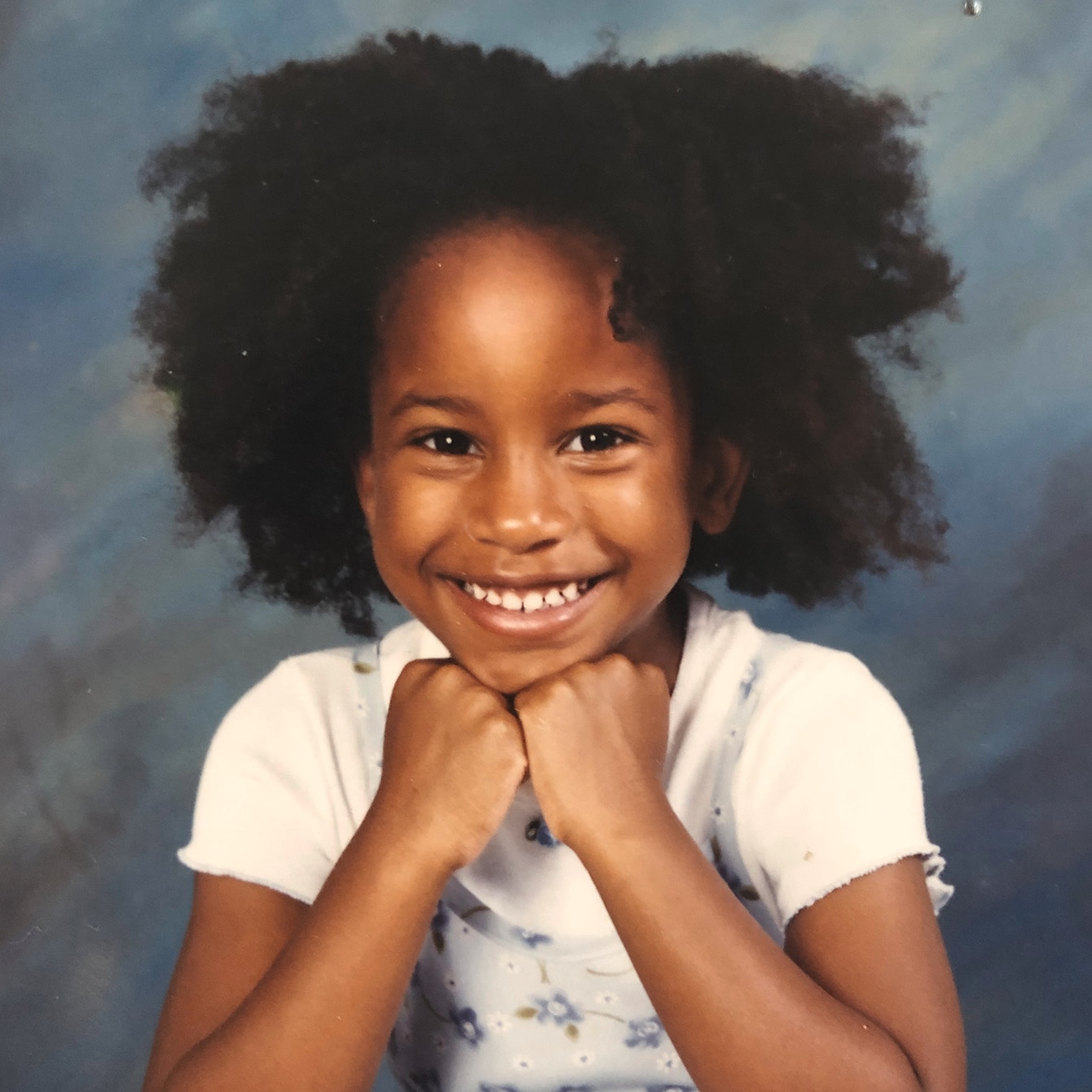
I’d love to tell you that I left these toxic ideals on the playground, but this standard of eurocentric beauty followed me into my young adulthood. When high school came around, I quickly fell in love with the hot plates of a flat iron, and as I moved into University, that love seamlessly transitioned to weaves and wigs.
Weaves are an accessory, not a necessity, I would tell myself. But the truth is, it couldn’t have been further from true. My desire to feel enough was never-ending because my inner quest for beauty always existed outside of myself – and when I started acting, that truth only amplified. I was buried in bundles, on a search for a feeling of ‘enoughness’ that always seemed to exist beyond me.
It took me twenty-one years to see what my father saw.
On my twenty-first birthday, I made a promise to myself to go six months without a wig, a weave, a blow-out, a straightener, curl-defining gels or extensions. I made a commitment to myself that I would allow what organically grew out of my head, to do just that – and I promised I wouldn’t interrupt the process.
And it was torturous.
It was awkward, it was emotionally ugly, it was dry, it was brittle. My hair had no idea what to do with itself, and frankly, neither did I. But I saw it through. I stuck with it through the worst of times when it did the opposite of everything I asked it to. When I felt boyish everytime I stepped outside. I wanted nothing more than to hide behind a soft, silky 24-inch bundle of extensions. But I stayed the course.
I committed to myself, and to my hair.
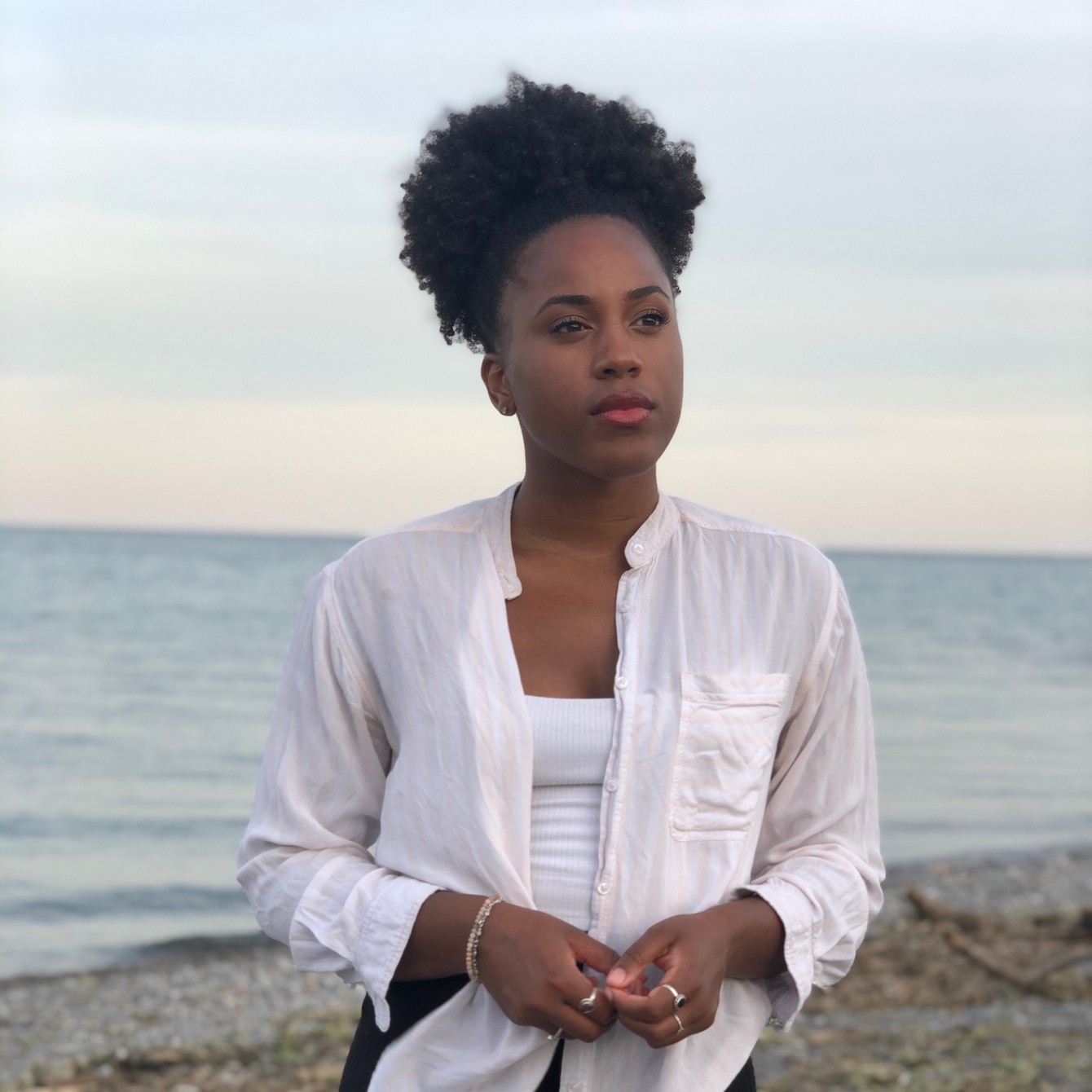
The misconception about going natural is that it is a one-way ticket to some exclusive self-love club that you never look back from. But that’s not always true. It is a process in which you journey into the depths of yourself, and divorce deep seeded parts of your identity – and that can be really hard. But it is all necessary. It is all a rebirth. And in the end, whether you remain natural or switch it up every now and then, you’ll find it’s about so much more than hair. It’s about your willingness to dive into the deepest parts of who you are, and confront yourself.
And that is radical.
It is courageous to love every facet of who you are in a world that constantly tells you that you should not. It is brave to embrace the hardest parts of you. The parts of you that are so easy to run from. But on the other end of it, is a love that goes so much deeper than hair.
I want to live in a world where no girl has to feel how I did growing up, and Dove and the CROWN Coalition want to help make that happen. Their mission is to ensure that all Black women and girls feel safe and free to embrace their hair and afrocentric beauty – and you can help make that a reality. The CROWN Act was passed in the US house of representatives and in 7 states but there's still work to be done. By signing the Act, you can encourage legislators to create a more inclusive world that is free of hair discrimination and racism. As a global community, we can help ensure that every Black girl has a safe space to see her own beauty, and live in the fullness of who she is without fear. My hope is that we can help Black girls see themselves the way my father saw me:
Beautiful, worthy, and above all, Enough.
Join us in taking action. Sign the CROWN petition today.
Photography by Brandon Gibbs & Felice Trinidad.
